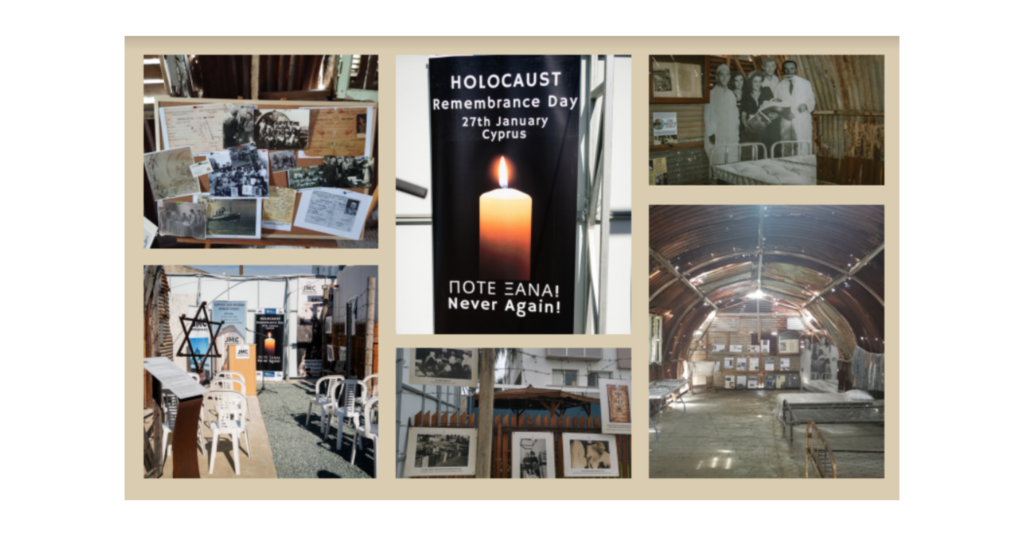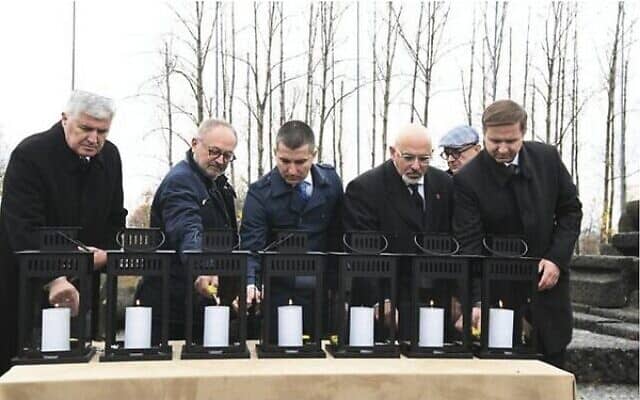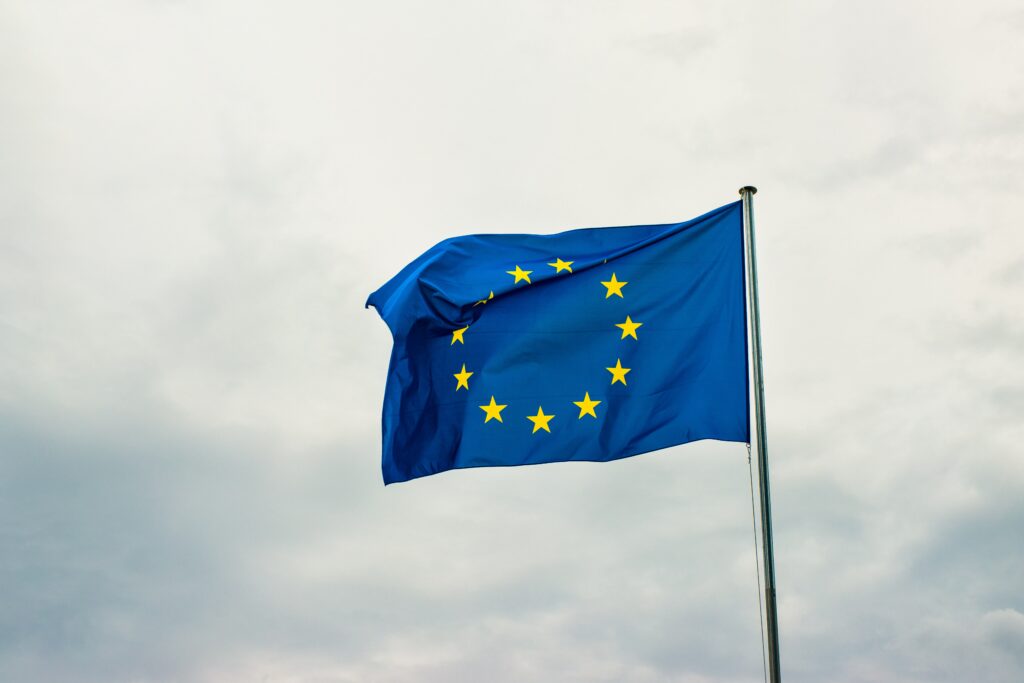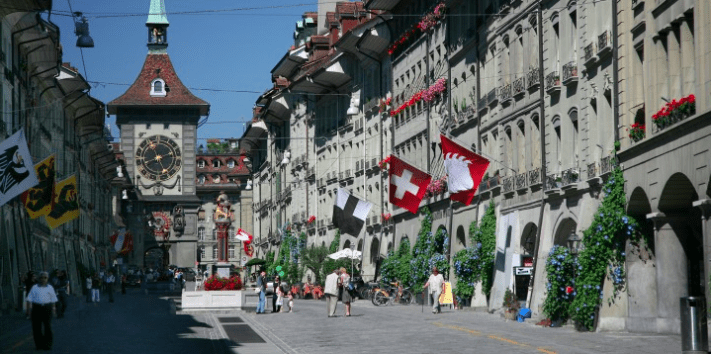Like every year, right before Purim, the EJA together with Bassad and RCE launched the Mega purim Project. We have organized and delivered hundreds of Mishlochei Manot to be given in Jewish communities across Europe during the upcoming Purim.
May it be a joyful and peaceful Purim to all.













